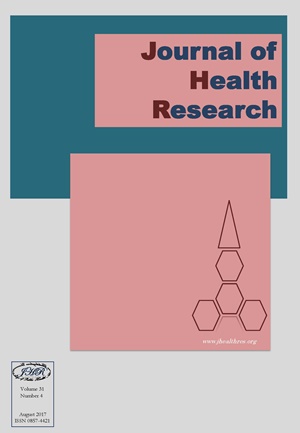Enteral Tube Feeding Practices in People with Neurological Problems in Myanmar: a Cross-Sectional Pilot Study
Keywords:
Enteral nutrition, Feeding practice, Blenderized diet, Myanmar, Neurological problemAbstract
Background: Artificial nutritional therapy is indicated in patients with a risk of malnutrition or who are malnourished on admission to maintain or restore the nutritional status. Currently, little is known about the enteral nutrition practice in Myanmar because the hospital feeding practices are uncommon in most of the public and private hospitals. The objective of this study was to describe an overview of the current situation of enteral nutrition practices among people with neurological problems in Myanmar.
Method: A cross-sectional descriptive pilot study was conducted by recruiting a sample of 30 hospitalized patients with neurological problems who were with feeding tubes at the Yangon General Hospital. A semi-structured questionnaire related to feeding practice was developed. Interviews with patients experiencing neurological problems were conducted in October 2015. Patient information including age, weight and height were obtained from hospital medical records. The data was analyzed by IBM SPSS statistics 19 software and summarized by descriptive analysis. The nutrient intakes were calculated by using INMUCAL-N V.3 software and compared to estimated energy requirements determined by the Harris Benedict equation.
Results: The results showed that 56.7% of the patients had normal BMI while 10% were underweight, 30% were overweight and 3.3% were obese. Out of 30 patients, 80% did not have previous experience of enteral tube feeding. Regarding the current feeding formula, 20 patients used commercial food while the remaining patients used both commercial and other foods. None of them made use of blenderized diets for feeding. The total energy and protein intakes of all participants were found to be inadequate and three of them had distribution of energy from protein less than 10 %.
Conclusion: The present study highlighted that overall energy and protein intakes are low compared to the requirements. The findings indicated that evidence-based nutritional guidelines, assessments, and effective nutrition care therapy should be implemented for the benefits of Myanmar patients with neurological problems.






